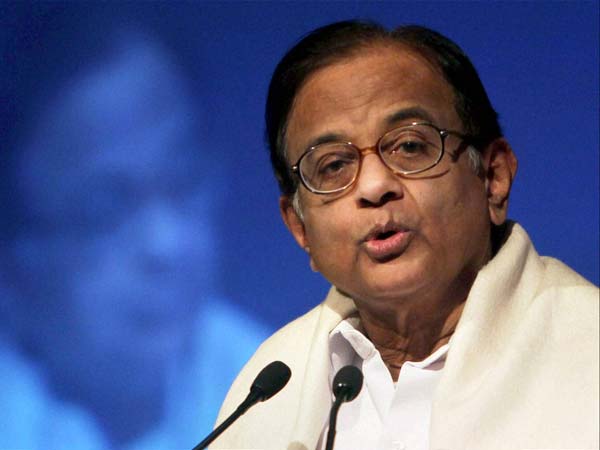“True economic reform is one that makes a clean break from the past, replaces the old with the new, and lays out a new model or a new path that will enhance output, efficiency and distributive justice.”
Former Union Finance Former Union Finance P Chidambaram thus outlined his definition of reforms in a recent column. Among the several “low-hanging reform fruits” that he advised the NDA government to pluck, GST was at the very top.
As a Finance Minister during the UPA regime, Chidambaram was instrumental in mooting GST as a proposal for the first time in his 2006-07 Budget Speech. Though he failed during his tenure to shepherd the reformative step, as a senior Congress leader and tough negotiator Chidambaram eventually played a key role in passing of the GST Amendment Bill in Rajya Sabha on Wednesday night after an exhaustive seven-hour debate.
It is instructive, therefore, to go over the senior Congress leader’s words carefully at a time when there seems to b a lot of confusion over whether the government sold us a dummy in the name of a big bang reform.
Reforms in India are a risky political strategy because of our inherent bias against it. Past experiences like the 1991 economic liberation have shown how the benefits could be far-reaching and all pervasive. Yet there remains an ambivalence towards reforms. We want to feel good about India’s growth rivaling that of China and eclipsing that of other emerging markets but are unwilling to bear the initial pain that any reform must usher in before pros outweigh the cons. The initial general response towards any step for economic liberalization remains exclusively myopic and invariably has an adverse electoral impact on the regime in power.
(Sourced from agencies, Feature image courtesy:oneindia.com)

























